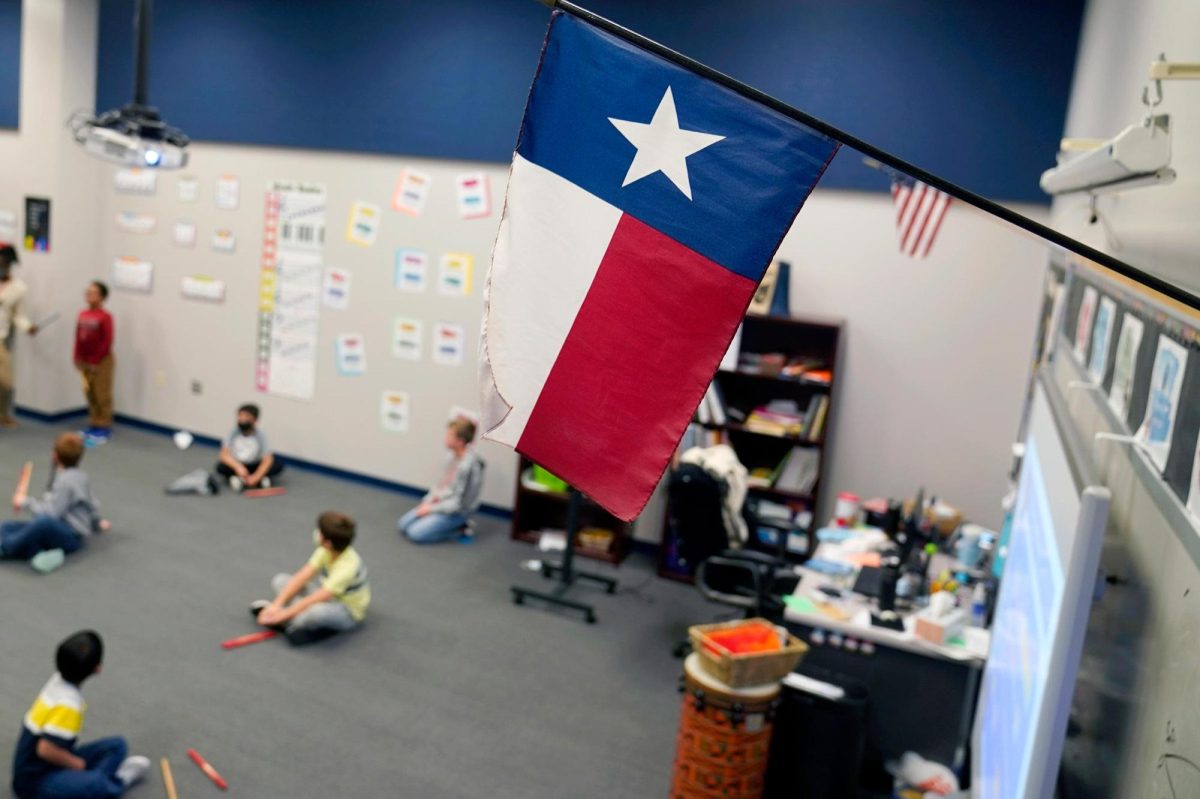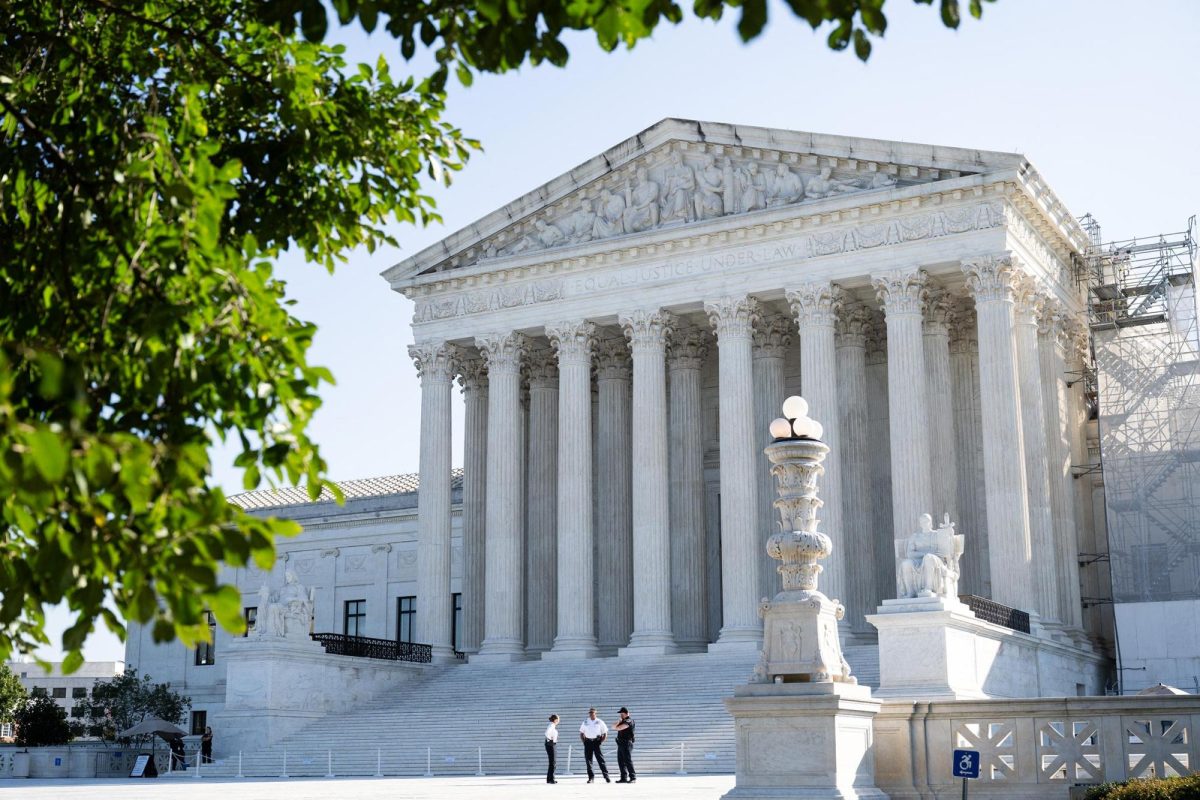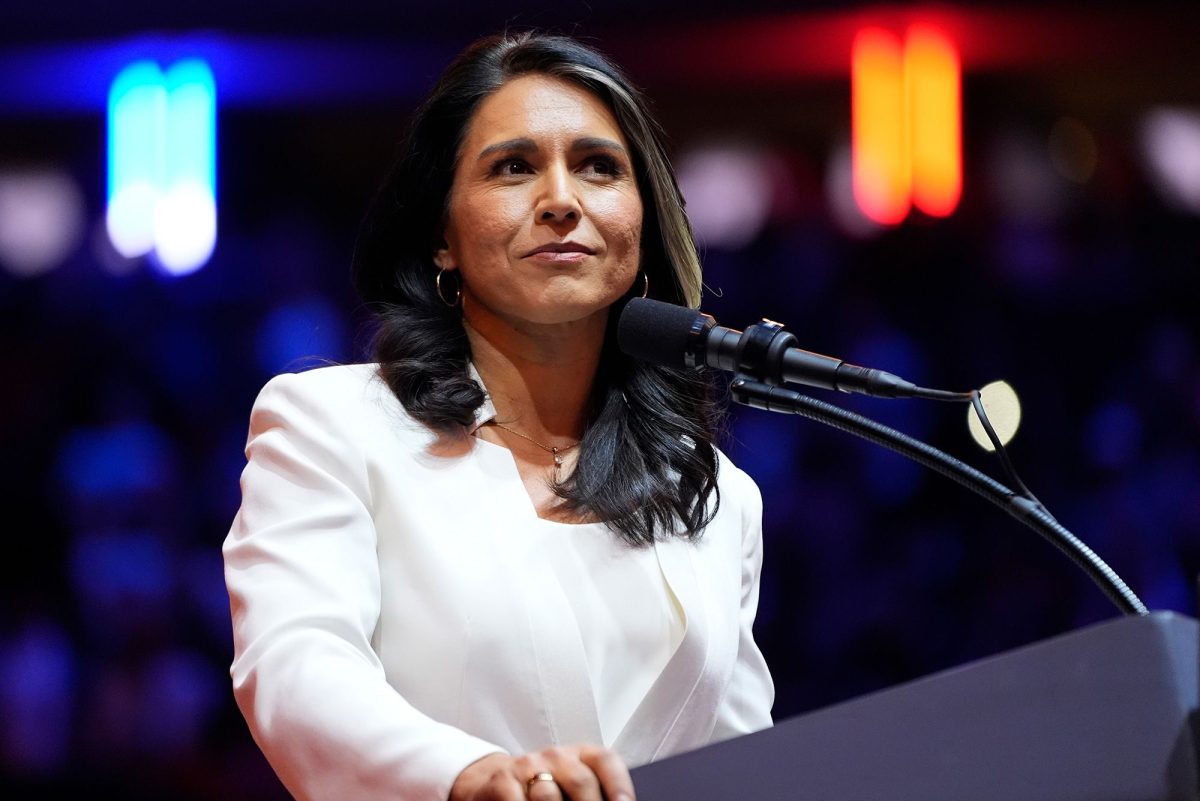CNN — India has suspended visa services for Canadian citizens over what it says are “security threats” against diplomats in Canada, escalating a spat between both countries after Ottawa accused New Delhi of potentially being behind the assassination of a Sikh separatist activist on its soil.
BLS International, which handles visa applications for India in Canada, sent a letter to Indian stock exchanges on Thursday that said visa services “have been suspended till further notice.”
“Due to operation reasons, with immediate effect i.e. 21 September 2023, Indian visa services in Canada have been suspended till further notice,” the letter, sent to the Bombay Stock Exchange, the National Stock Exchange of India and the Metropolitan Stock Exchange, read.
Earlier, BLS International stated on its website that India had suspended visa services for Canadian citizens from Thursday, citing a notice from the Indian mission.
The notice was briefly removed on Thursday before reappearing again, without explanation.
India’s Ministry of External Affairs said “security threats” faced by the Indian High Commission and consulates in Canada led to the temporary measure of halting visa issuance across all categories.
“The issue is of incitement of violence, the inaction by the Canadian authorities, the creation of an environment that disrupts the functioning our high commission and consulates, that’s what’s making us stop temporarily the issuance of visas or providing visa services,” the ministry’s spokesman, Arindam Bagchi, said.
“We have always believed that it is the host government’s responsibility to provide security,” he told reporters in New Delhi on Thursday.
The announcement followed a stern travel advisory from India’s foreign ministry India on Wednesday urging its citizens to remain vigilant in Canada, warning them of “politically condoned hate crimes.”
CNN has reached out to India’s foreign ministry and BLS International.
Diplomatic spat
The travel warning comes days after Canadian Prime Minister Justin Trudeau claimed that authorities had been investigating “credible allegations” of a potential link between “agents of the government of India” and the killing of Hardeep Singh Nijjar, a Sikh Canadian citizen who was gunned down by masked men in June.
New Delhi has vehemently denied the allegations, calling them “absurd and motivated.”
India’s foreign ministry said Canada has provided “no specific information” to support Delhi’s alleged involvement in Nijjar’s death.
“Let me also point out that from our side, very specific evidence of criminal activities by individuals based on Canadian soil has been shared with the Canadian authorities on a regular basis but not been acted upon,” Bagchi, the ministry’s spokesman, said.
Bachi added that he expects Canada’s diplomatic presence in the country to be reduced.
On Thursday, Trudeau called on India to work with Canada and “allow justice to follow its course.”
“There is no question that India is a country of growing importance and a country that we need to continue to work with not just in the region but around the world,” Trudeau told reporters at a press conference at the Canada Mission in the United Nations.
He said Canada “is not looking to provoke or cause problems,” but reiterated “the importance of the rule of law.”
Trudeau’s allegation has sent relations between the two countries into a tail spin, with both India and Canada expelling senior diplomats in reciprocal moves, raising the prospect of an awkward rift between key partners of the United States.
Nijjar was an outspoken supporter of the creation of a separate Sikh homeland known as Khalistan, which would include parts of India’s Punjab state.
The Khalistan movement is outlawed in India and considered a national security threat by the government. A number of groups associated with the movement are listed as “terrorist organizations” under India’s Unlawful Activities (Prevention) Act (UAPA).
Nijjar’s name appears on the Home Ministry’s list of UAPA terrorists and in 2020, the Indian National Investigation Agency accused him of “trying to radicalize the Sikh community across the world in favor of the creation of ‘Khalistan,’” adding that he had been “trying to incite Sikhs to vote for secession, agitate against the government of India and carry out violent activities.”
According to local police, he was gunned down in his truck in June by two masked killers outside a Sikh temple in Surrey, British Columbia.
His death both shocked and outraged the Sikh community in Canada, one of the largest outside India and home to more than 770,000 members of the religious minority.
Canadian police have not arrested anyone in connection with Nijjar’s murder. But in an August update, police released a statement saying they were investigating three suspects and issued a description of a possible getaway vehicle, asking for the public’s help.




